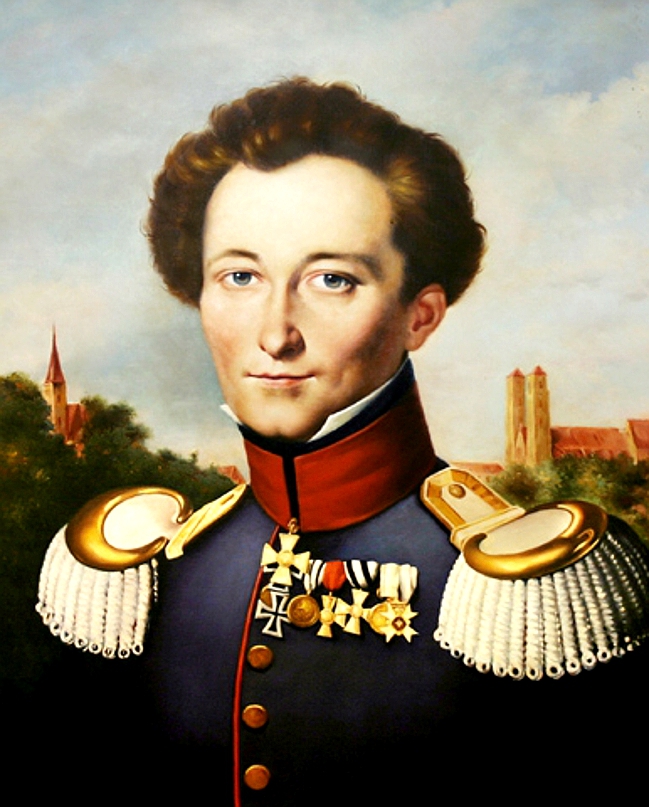Nicholas Kristof’s Sunday op-ed generated a lot of buzz among political scientists because he called out our discipline for being increasingly irrelevant in the real world. Kristof suggests the field is “committing suicide” because political scientists don’t publish enough work that policymakers can read. He holds up economists as being an ideal comparison because policymakers have incorporated their work, and decries sociologists for being so far left politically that they can’t produce any research that policymakers can abide. Lots of people have decent rejoinders, like Erik Voeten at The Monkey Cage, Tom Pepinsky, Corey Robin, Mischiefs of Fiction, Edward Carr, and our own Steve Saideman at the Spew. Kristof responded to some of the main objections on his Facebook page.
Here’s where I agree with him:
- Political scientists (and other academics) often do a lot of navel gazing.
- Some of the technical work you’ll read in field journals can be boring, with non-obvious importance to real life issues.
- Not everyone researches questions that are super exciting and interesting to the general public.
- Some academic institutions sometimes seem to punish impact and reward irrelevance.
- Scholars should do more to engage with the most pressing issues of our time, and to take the time to interpret their research for general audiences.
Here’s where I disagree with Kristof:
- We are living in a time when political scientists are more engaged than ever before (besides the blogs, op-eds, and consulting that many of us do, we even hold week-long workshops to learn how to better “bridge the gap” between research and practice).
- Students have much to gain from the research process. Those of us who involve our students in the technical aspects of research often see those students excel — both during and after school — in ways that other students don’t. What seems dry and technical is often helping students develop skills sets that are crucial for employment and that set them apart from other applicants as they go forth into the competitive job market.
- A good number of us actively teach our graduate students how to interpret sophisticated research for popular audiences.
- Public impact actually figures prominently in tenure and promotion cases in many departments, although of course this varies.
- And finally, here’s the big one: just because one’s work isn’t influencing people in Washington, DC, doesn’t mean their work is irrelevant.
This is the part that surprised me the most about Kristof’s article: the supposition that our work is only relevant if it directly influences “important people.” But what if one’s work speaks to people outside of these traditional halls of power? Is such impact irrelevant?
For example, many sociologists, whom Kristof writes off as a bunch of radicals who are hopelessly lost of any relevance, tend to be quite engaged with the problems of our day — just not in the way Kristof seems to privilege. Just check out Sociologists without Borders, or different proponents of applied sociology, and you will find that many sociologists work tirelessly (and often without compensation) to draw on the insights of their work to improve the lives of ordinary people. As far as I know, political science hasn’t yet developed an equivalent network, although we’re working on it.*
In my own case, in 2011 I published a book with Maria Stephan about why nonviolent resistance campaigns tend to succeed more often than violent ones. I must confess that in writing the book, it never occurred to me that the findings would interest people outside of the academy and a very small circle of policymakers. It turned out that there was incredible demand for this content among a much broader audience. As a consequence, I faced the unexpected task of taking a sort of Hippocratic Oath — to first do no harm — and commenced to drill down into the research to make sure I understood the applications, the limitations, and how to convey these more broadly.
I’ve spent much of the past three years giving talks to people all over the world about the research. This has required me to follow Yoda’s advice regarding a lot of my professional training — “You must unlearn what you have learned” — and drop the jargon. I’ve had to learn how to express key points — as well as the caveats — in ways that are digestible to wide audiences. I’ve had to learn how to tell a story through the research, rather than just defend an argument. Just today, I received an email from a fellow who was writing in with some comments on the research. At one point in the email, he asked me to “Find the way, if it is at all possible, to get your point ever more widely heard and known.” There has been a learning curve for sure, but it has been worth it. It has made me a more compassionate person, a better listener, a better teacher, a better writer, and a better researcher. Instead of just reading the latest journal to figure out what questions to research next, these audiences have directed my attention to questions for which they need urgent answers. It has been a humbling and rewarding experience for which I will always be grateful. At no point did I feel that I was sacrificing “relevance” because I wasn’t always talking to people in positions of “power.” And I do feel that my academic career has improved, not declined, as a result of these activities.
I don’t think I’m alone in this. Take a look at pages 59-60 of the TRIP Survey, and you’ll see that a fair number of international relations scholars have consulted or worked in a paid or unpaid capacity for interest groups, NGOs, and other non-governmental groups. Although everyone’s professional situation is different, I wouldn’t discourage my colleagues from engaging with the people who need the research the most.
So I agree with Kristof that we should spend more time getting the most important bits of our research into the hands of people who matter. It’s just that the people who matter aren’t limited to those who write the laws of the land.
*Christian Davenport and I will soon be launching an engaged scholarship initiative that will link scholars, students, and citizens. Stay tuned.
This post has been updated.






11 comments
I think you make some interesting points. I agree that relevance can depend on the audience. What a leader needs is different but not unrelated to what a follower needs. The average person may not find it relevant, but their world may be shaped by it. In many cases, what we want from research or a publication is what we find.
One point I would like to explore though is this idea that political scientists, as they are understood today, are working to be relevant or engaged or understandable to the public. That they need to make that effort speaks volumes about how removed they are from the person in the street and what is happening in the world.
I read Strauss’s On Tyranny 25 years ago and it seemed to make sense, but being in graduate school studying political science it seemed rather dated and not relevant. After all, who wants to talk about the quaint idea of tyranny or how a tyrant can rule effectively, when we can talk about serious matters like power transitions, arms races, and structural realism. In any case, the cold war was ending and political science had more important problems to solve.
This past year, I picked up Strauss’s book because of the situation in Syria. His work on political philosophy, his quaint almost dusty book, was more alive to describing Bashir Assad than anything I was reading in APSR or whatever the commentators were saying on Meet the Press or in the Op-Ed pages and blogs. He, and Thucydides, had more to tell me and teach me about the situation and what it meant, why it was happening, and how it would unfold than expected utility analysis, power transition theory, or any fashionable political science. It also spoke to me, despite its obvious erudition in a language of politics, which is where most people live.
I shall not rehearse the arguments about political science and political philosophy, instead I would only point out that for most political scientists politics is already settled and dead (except perhaps in the posturing around election time when they forget to speak truth to power in a bid for some influence (shades of Plato’s 7th letter)) and for everyone else (especially those living in Syria) politics is alive and deadly. To put it directly, Thomas Hobbes has more to teach me about Syria and why good government is so fragile than any number of works on network analysis and political group dynamic.
Until political science reawakens itself to politics properly understood, it will remain irrelevant and out of touch because it will never touch what is human and most needful within us.
Just a quick word of appreciation for the tremendous educational work that you have been doing with activist communities over the last few years, professor Chenoweth. A shining example of work that no doubts influences influencers and is immensely relevant to the world, and its future direction.